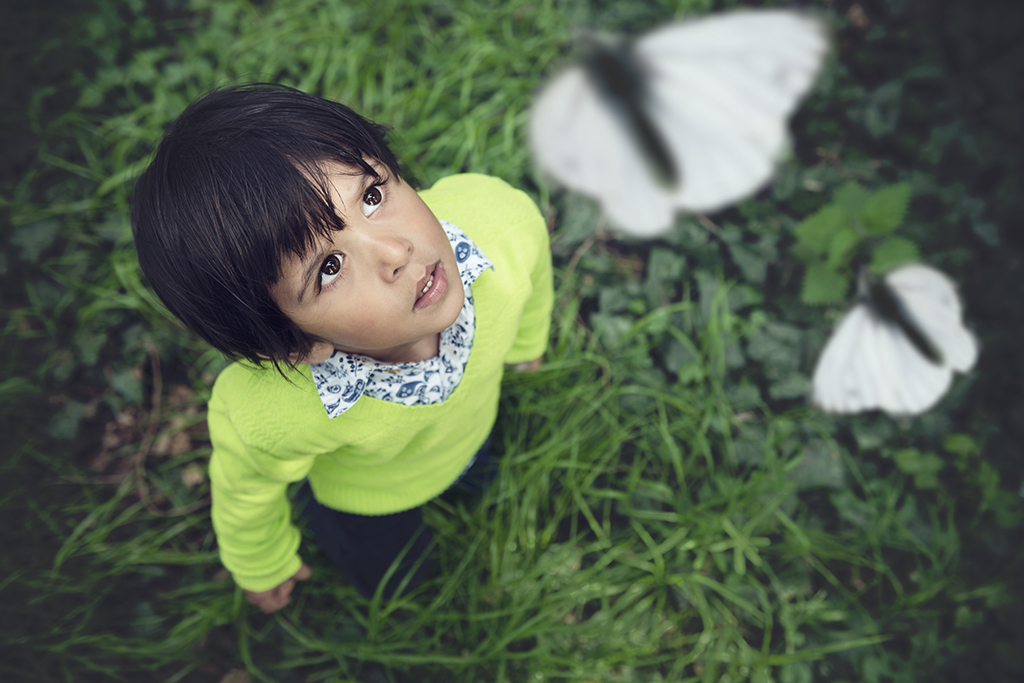The obvious advantages of bilingualism are related to language: the ability to travel more easily, to speak with relatives and friends from other countries, and so on.
That’s not all a child gets from being brought up bilingual, however.
Modern science has shown that the act of learning two languages, especially in developing children, alters and strengthens other areas of the brain. That can lead to additional mental skills that will be of further benefit to your children as they age!

In one very recent study, researchers found that young bilingual children performed measurably better on “working memory tasks” that required them to remember visual and spatial details than monolingual children.
Growing up with a second language had not only strengthened their linguistic skills, it had also improved their memories.
The Study
In Morales et. al. 2013, children between the ages of five and seven were given a series of different tasks that required active memorization of visual patterns.
The study used a large sample size and several tests. Bilingual children who had been raised bilingual from birth consistently performed better than their monolingual counterparts.
The results were strongest on the hardest tests, when children’s memories had to compete with other mental functions or outside distractions. In those most challenging situations, the advantages of bilingualism were even clearer than on the easier tests.
The Practical Results
Parents considering a bilingual raising environment for their children should see this as a strong advantage to bilingualism. Attention span and memory are two of the most important skills in a child’s academic career, from elementary school onward.
Being able to remember more data with less effort and to concentrate on other tasks while accessing that memory will give bilingual children a significant competitive advantage.
And remember — all this is in addition to the language skills and cultural understanding a bilingual child will already be gaining. It’s a passive bonus to the active skills he or she will acquire. The improved memory happens as a natural result of their bilingual upbringing.
